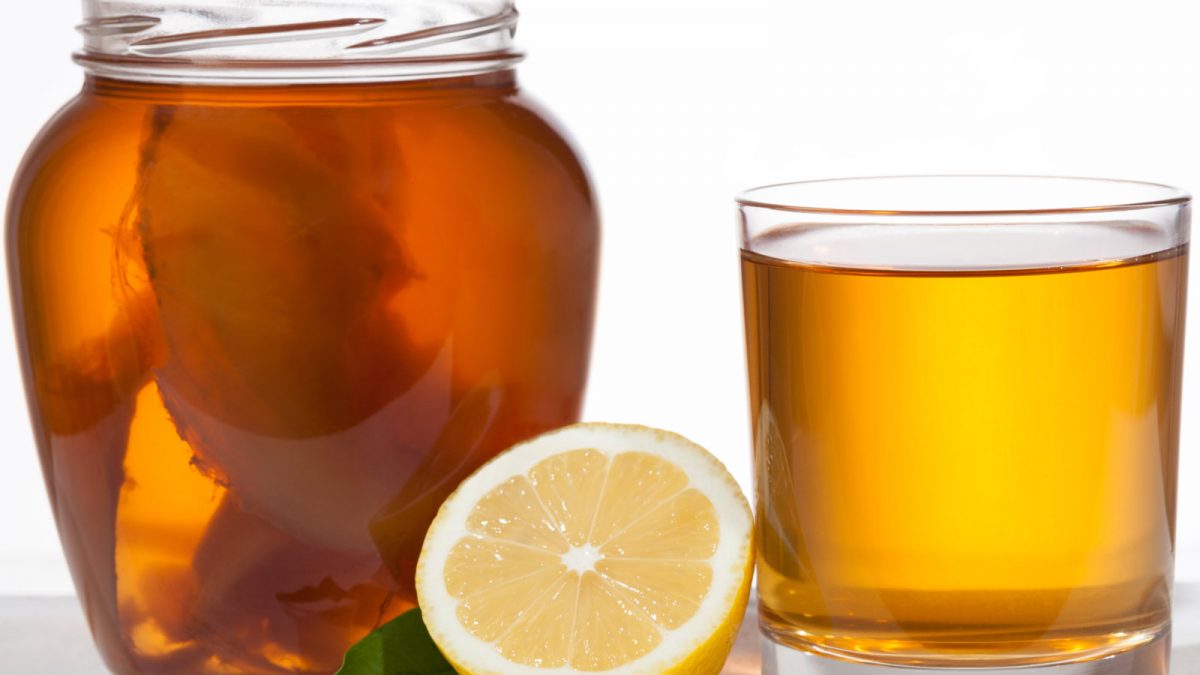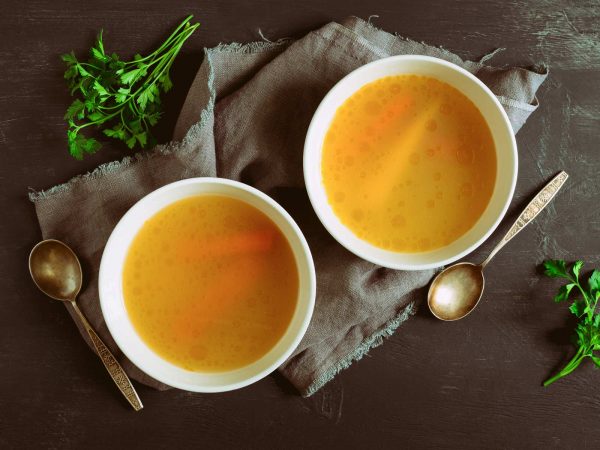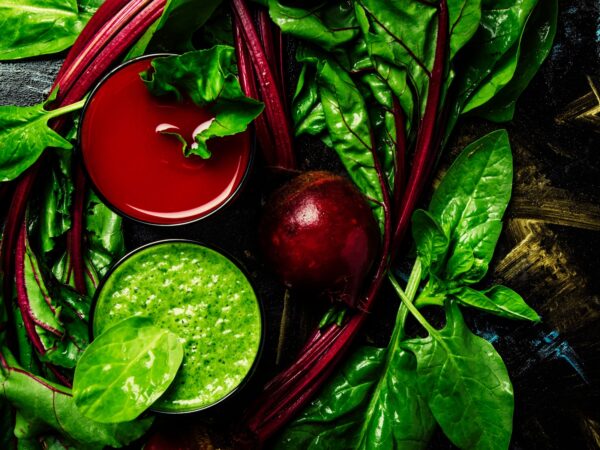How to Choose the Right Probiotic Foods for Your Body (The Answer May Surprise You)
“You should take a daily probiotic…”
You’ve no doubt heard this advice after taking antibiotics or if you suffer from digestive issues.
But in the last decade, probiotic therapy has expanded well beyond ‘gut care.’ It’s well recognized that probiotics can benefit a wide range of mental and physical conditions.
In 2013, the journal Beneficial Microbes reviewed various studies related to obesity and the microbiome. The authors concluded that:
“Lactobacillus gasseri, Lactobacillus rhamnosus and the combination of L. rhamnosus ATCC 53102 and Bifidobacterium lactis Bb12 may reduce adiposity, body weight, and weight gain. This suggests that these microbial strains can be applied in the treatment of obesity.”
In plain English, the researchers are stating that certain strains of gut bacteria can influence whether you are fat or lean and how easily you gain or lose weight. Another review, published in CNS & Neurological Disorders – Drug Targets, suggests that probiotics may also be useful in the treatment of mood and anxiety disorders.
Then there is the cutting edge of microbial therapy, involving ‘poop pills’ and ‘fecal transplants’. And while the idea might turn your stomach, many people intestinal disorders have found great relief from these therapies.
It’s no wonder probiotic sales have increased 36% in the last five years with expected growth of 40% by 2020. This growth is evidenced by more than 9,000 results for the search term ‘probiotic supplement’ on Amazon!
With all these choices, how do you choose the one that will confer the health benefits you’re specifically looking for?
The answer is relatively simple once you understand your gut bugs more intimately.
Human… Meet Your Microbes!
Human beings have 10x more bacterial cells in our bodies than we do human cells. That’s 100 trillion bacteria, from head to toe, inside and out. You may even hear some scientists say we’re only 10% human!
Inside our gut live anywhere from 500 to 1000 different species of bacteria, alongside various fungi and yeasts. All of these organisms live in a symbiotic relationship with each other and with you. Our large population of microbes help us with a range of functions, including digestion and immunity. They even help produce vitamins and essential fatty acids that your body needs… and which you could not produce without their help.
To demonstrate the huge variety, here’s a little basic microbiology:
- 98% of the gastrointestinal tract contains bacteria known as Firmicutes and Bacteroidetes. These are categorized on the microbial family tree as phyla.
- Each of these two phyla has a large number of genera (or genus). Lactobacillus for example, is just one genus out of over 274.
- Each genus contains a number of species. Lactobacillus has around 122 different species and L. acidophilus is just one of them.
- Finally, within each species are various strains. For example acidophilus DDS-1.
To put this in perspective, most commercial probiotic supplements do not contain entire phyla or even genera. Many will contain an entire species, but not all species. Some don’t even contain an entire species, just a few strains. This is hugely important, because it is not enough to simply supplement with beneficial bacteria. You need a wide range of species and strains for optimal health.
It is a widely varied and balanced ecosystem that is necessary for our health as the human host.
Paul O’Toole, a professor at the Biosciences Institute in Cork, states:
“Diversity is the key. What we see with people on narrow-diversity diets is that the microbiota collapses.”
It is also important to understand that your microbial balance can change drastically in as little as 24 hours. Just think back to the last time you got a “stomach bug.” One day you feel fine, and the next day you feel awful and make 20 trips to the bathroom. The good news is that you can also make rapid positive changes to your microbiome as well. The types and diversity of species in your gut is highly influenced by the foods you eat (or don’t eat).
Probiotic supplements are just part of the equation. The key to a healthy microbiome is to encourage microbial diversity and nourish your healthy gut bugs the same way your ancestors did.
Recommended: The surprising hormone draining your energy levels
Probiotic Foods: Boost Your Flora the Way Our Ancestors Did
Consume only grass fed beef, pastured poultry and eggs, and wild caught fish.
These foods should be free of antibiotics that can alter your microbiome. For example, did you know that farmed salmon receive more antibiotics per pound than any other form of livestock? Be diverse in your meat choices and allow all of your meat-loving microbes to get their nourishment. And add a little full-spectrum salt – you also have salt-loving bugs to keep happy!
Feed your plant-loving bugs too!
Fill your plate with lots of organic vegetables, especially onions, garlic, jicama and daikon radish. These foods contain prebiotic fiber for Bifidus bacteria to feed on, and they’ll produce healthy byproducts for your body. Every once in a while eat produce from an organic garden (preferably your own) without washing. These foods have beneficial soil-based organisms on the outside (not recommended if you don’t know where the produce was grown or how it was transported).
Eat a Variety of Lacto-Fermented Foods
Include lacto-fermented probiotic foods daily, like kefir, sauerkraut, kombucha and kimchi. Each of these foods contains different species of beneficial bacteria. Again, be diverse and use a range of fermented foods to get a large variety of beneficial bacteria.
Try Lacto-Fermented Meats
This one surprises many Americans, but fermented meats (like corned beef) are rich in powerful probiotics and a healthy addition to a microbe-supporting diet. We LOVE Paleo Valley grass-fed fermented beef sticks – not only are they a rich source of beneficial microbes, but they are filling and addictively delicious too.
Use Natural Antimicrobials to Support Gut Balance
Add coconut oil, garlic and ginger to food. They are naturally anti-fungal and anti-bacterial and help keep your microbiome in balance.
Rotate Your Probiotic Supplements
If you use probiotic supplements, try a rotation strategy. Pick a few different trusted brands (with different strains and species). Take different brands on alternate days to help increase microbial diversity. Choose supplements that gives you as many CFU’s as possible. Aim for tens of billions – the higher the better.
A great option to include in your rotation is Clear Brain & Mood. It contains a unique blend designed to nourish your microbiome while helping with focus and memory. Right now, they’re offering a special discount, so it’s a good time to give it a try. Try Clear Brain and Mood risk-free TODAY
Avoid Chemicals That Harm Gut Health
Beware of common chemicals that damage your microbes. This includes bleach, hand sanitizer, chlorinated water and conventional personal care products. Opt for natural, “old-fashioned” methods and formulas to clean and care for your body.
Manage Stress for a Healthy Microbiome
Finally, keep stress well managed. This too can alter your microbial balance.
A balanced diet and lifestyle equals a healthy, balanced microbiome. End the probiotic supplement confusion with the simple diet tips and powerful probiotic foods noted above, and by making the choices our ancestors did to help preserve our ancient microbiome in a modern world.





Leave a Reply